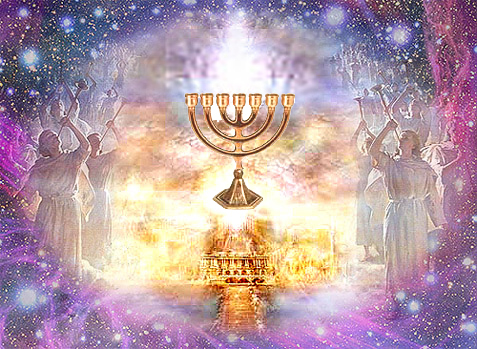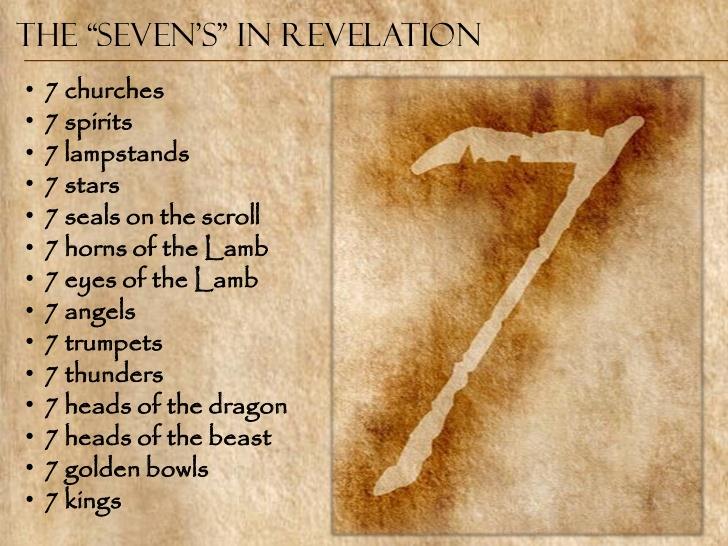
Pergamum – A Faltering church The disaster – Compromise and PatronisationĤ. Smyrna – A Fearful church – The difficulty – Cruelty of Persecutionģ. Ephesus A Fallen church – The danger – Cooling of PassionĢ. The fullness of divine provision in the Holy Spirit is to be observed against the spiritual conditions revealed:ġ. This recognizes that the seven churches reflect (a) the seven churches from the Roman province of Asia addressed by name and, (b) the spiritual conditions that can exist at any time and, (c) the stages in church history as they can now be viewed retrospectively.

The plural, “churches,” emphasizes that beyond the specific church first addressed there is a lesson for all churches existing at that particular time and, indeed, for churches down the whole period of church testimony. This is made very clear by the statement repeated to each of the seven churches: “He that hath an ear let him hear what the Spirit saith unto the churches.” Since the seven stars reflect the seven spiritual conditions seen in the seven churches, the clear implication is that there are divine resources in the hand of the Lord to meet every exigency. The second reference to the Seven Spirits is, “And unto the angel of the church at Sardis write: these things saith He that hath the Seven Spirits of God and the seven stars” (Rev 3:1). There are three further references to the Holy Spirit under this figure, and they make clear the character of the His ministry upon earth both in the age of grace and in the tribulation period. Complete provision, the Seven Spirits, is linked with absolute deity – before His throne -to provide the power for testimony on earth, since there is now a man in Glory. The olive trees are typical of Christ in his dual ministry as priest and prince, and He is the One who, in the gift of the Holy Spirit, supplies all that testimony requires. The background is found in Zech 4:1-10 where the seven lamps of testimony, in a dark age, require the oil direct from the olive trees. The Holy Spirit is presented in this symbolic way to show the fullness and completeness of His ministry in the ages to follow the return of the Lord Jesus to Glory. Rev 1:4-5, “Grace be unto you, and peace,”ġ.”From Him which is, and which was, and which is to come ” (This is clearly God the Father).Ģ.”From the Seven Spirits which are before His throne “(This is clearly God the Holy Spirit).ģ.”From Jesus Christ who is the faithful witness, and the first begotten from the dead, and the Prince of the kings of the earth ” (This is clearly God the Son). The key reference is the first mention where the Holy Spirit is linked with the other persons in the Godhead in the salutation of grace and peace that opens the book.

However, since the Bible does not give any details about the seven spirits of God, we cannot be dogmatic about them.While the words “Holy Spirit” do not appear in the book of Revelation, there is no other book that so unequivocally sets forth the deity, personality, and activity of the Holy Spirit of God as does this last book in the canon of Scripture. Throughout the Bible, the number seven is symbolic of perfection, and saying that the Holy Spirit consists of seven spirits could be a way of representing that perfection. The most widely held and plausible view of the seven spirits of God is that they are representative of the Holy Spirit in some way. Isaiah said: "And the Spirit of the Lord shall rest upon him, the Spirit of wisdom and understanding, the Spirit of counsel and might, the Spirit of knowledge and the fear of the Lord." Some scholars take this to possibly mean that the seven spirits of God are the Spirit of the Lord, the Spirit of Wisdom, the Spirit of Understanding, the Spirit of Counsel, the Spirit Might, the Spirit of Knowledge, and the Spirit of the Fear of the Lord. Another view takes a verse from Isaiah 11:2 and uses it to enumerate and name the seven spirits of God. One view is that the seven spirits are indeed angels of some kind. John refers to them as a literal entity, similar to the angels or the cherubim. That is, they are more than simple metaphor. However, there is no indication that these seven spirits of God do not exist.

These descriptions are mysterious and heavy with symbolic meaning, as is much of the Book of Revelation.

They are also said to be "sent out into all the earth" and they are equated with the "seven eyes" of the Lamb of God. We know from the references that mention the seven spirits that they are "held" by Jesus Christ, and that they are likened to seven lamps burning near, or in front of, God's throne. It is not possible to say with complete certainty what or who the Bible is referring to when it describes the "seven spirits of God" which are before God's throne (Revelation 1:4 3:1 4:5 5:6). The seven spirits of God – Who or what are they?


 0 kommentar(er)
0 kommentar(er)
